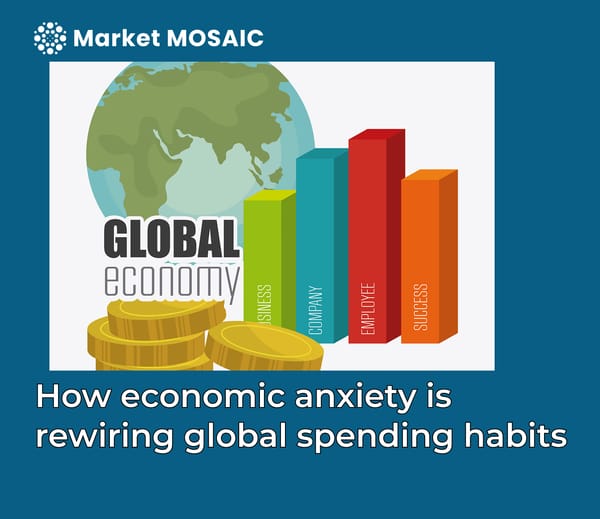Omnichannel Marketing: The Ultimate Guide to Creating a Seamless Customer Journey

In today's dynamic and interconnected world, consumers expect a seamless and consistent experience across all channels they interact with a brand. This is where omnichannel marketing comes into play, transforming customer journeys and driving business success.
What is Omnichannel?
Omnichannel goes beyond simply having a presence on multiple platforms. It's about creating a unified and integrated experience across all touchpoints, from social media and websites to physical stores and mobile apps. It's about understanding your customers, anticipating their needs, and delivering a personalized, convenient, and frictionless journey that fosters loyalty and advocacy.
The Evolution of Omnichannel
The concept of omnichannel has evolved alongside technology. From single-channel retailing in brick-and-mortar stores to multichannel approaches that offer independent online and offline experiences, the focus has shifted to creating a cohesive omnichannel experience that seamlessly connects all channels.
Why Choose Omnichannel?
The benefits of omnichannel are undeniable both for businesses and customers. Here's why omnichannel is the future:
For Businesses:
- Increased Sales and Revenue: By providing a seamless experience across all channels, you encourage customers to purchase more frequently and spend more overall.
- Enhanced Customer Engagement and Loyalty: Personalized interactions and consistent branding across platforms build stronger customer relationships and foster loyalty.
- Improved Brand Perception: A positive omnichannel experience leads to positive word-of-mouth marketing and a stronger brand image.
- Data-Driven Decision Making: Omnichannel data provides valuable insights into customer behavior, allowing for smarter marketing campaigns and strategic planning.
For Customers:
- Seamless and Convenient Shopping: Customers can shop whenever and wherever they like, with a consistent experience across all platforms.
- Personalized Recommendations: Businesses can tailor product recommendations and marketing messages to individual customer preferences.
- 24/7 Customer Support: Omnichannel platforms offer round-the-clock support via chatbots, virtual assistants, and other channels.
- Greater Transparency and Control: Customers have access to real-time information about products, inventory, and order status.
Building an Omnichannel Strategy
Implementing a successful omnichannel strategy requires a clear roadmap and focused execution. Here are the key steps:
- Map the Customer Journey: Identify all touchpoints in your customer's journey and ensure a consistent and positive experience at each one.
- Centralize Data: Invest in a robust CRM system to collect and analyze customer data across all channels.
- Personalize the Experience: Use data insights to personalize product recommendations, marketing messages, and offers.
- Optimize Communication: Ensure consistent branding and messaging across all channels, including social media, email, and in-store interactions.
- Embrace Technology: Leverage AI and other technologies to automate processes, personalize experiences, and analyze data.
- Continuously Learn and Adapt: Regularly monitor your omnichannel strategy and adjust based on data and customer feedback.
The Future of Omnichannel
As technology continues to evolve, the future of omnichannel promises even greater levels of personalization, convenience, and connection. Trends like AI-powered chatbots, cross-device shopping experiences, and the integration of online and physical stores will further enhance the customer journey.
By embracing the power of omnichannel, businesses can create a competitive advantage, build stronger customer relationships, and drive long-term success in today's ever-evolving market.
Are you ready to embark on your omnichannel journey?





